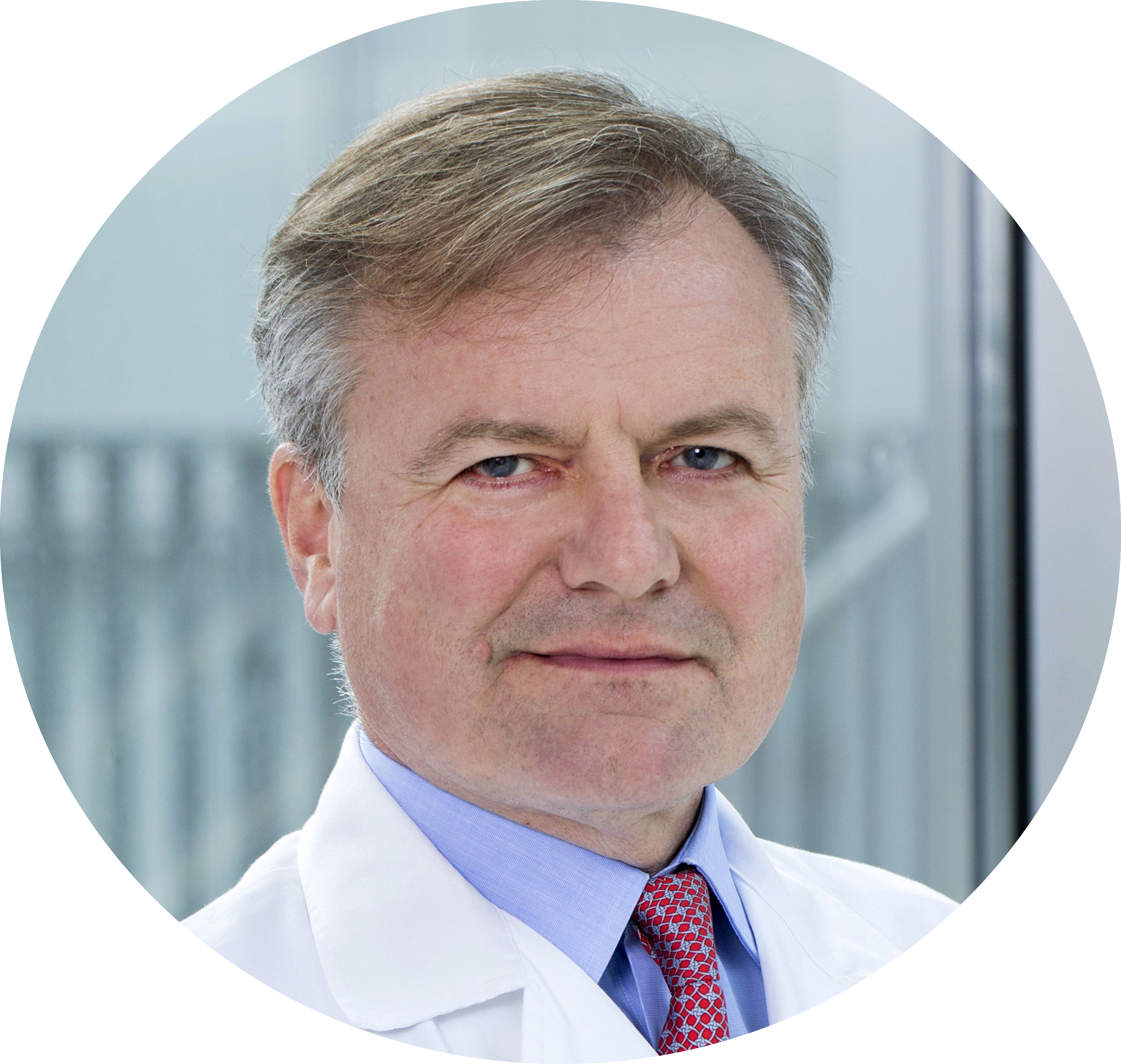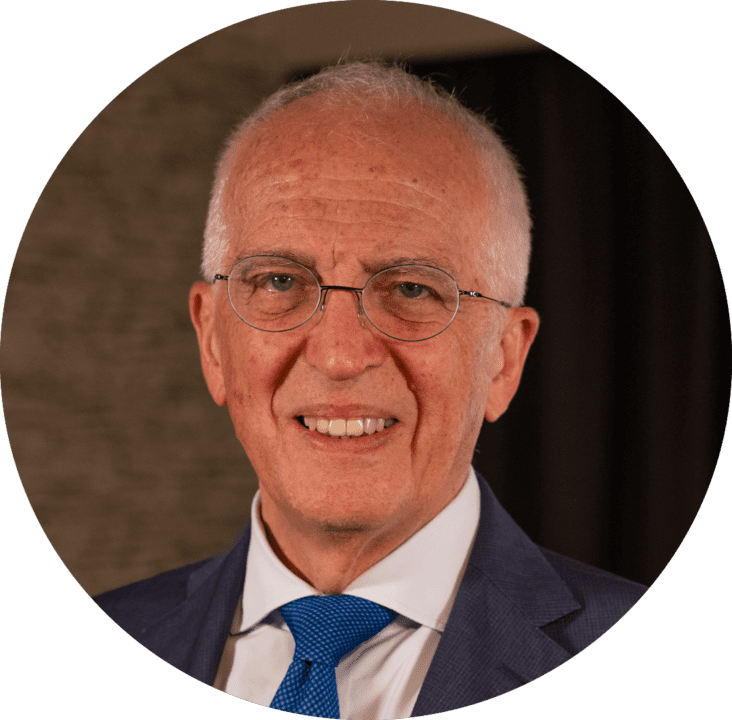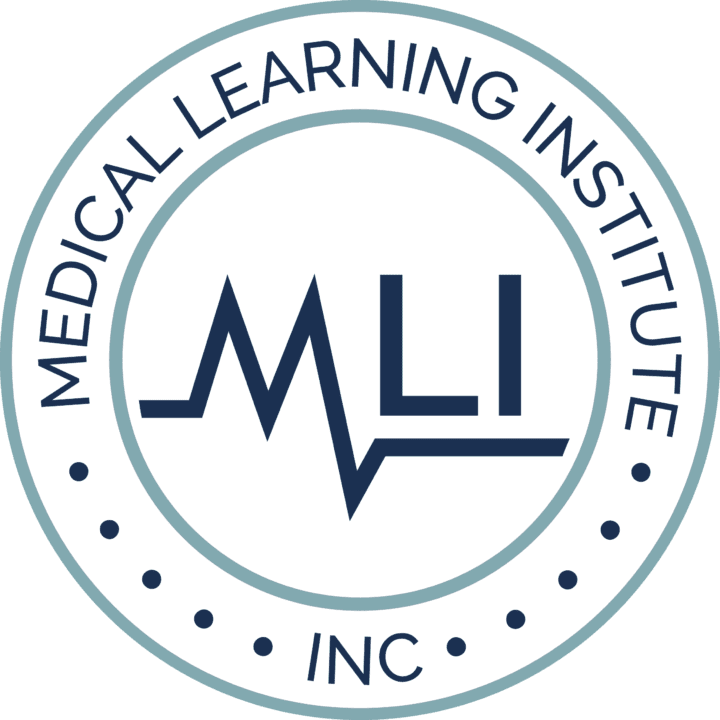Demystifying the Evolving Science and Potential Role of Incretins in T2D

To RSVP for this dinner symposium, scroll down to the bottom of this page and complete the registration form.
Activity Description:
Despite the growing list of safe and effective therapies for individuals with T2D, many patients struggle to achieve their glucose target and thus remain at risk for significant comorbidities. Novel unimolecular dual agonists may help address these unmet needs.
What role might novel agents play, and how can endocrinologists engage with their patients to make better therapeutic choices? To find out, and to earn continuing education credit, join us for the dinner symposium, Demystifying the Evolving Science and Potential Role of Incretins in T2D. Brought to you by Medical Learning Institute, Inc. and the Endocrine Society, this interactive symposium will be held 06 December 2022 from 17:30 – 19:30 Western European Time (WET), in Auditorium VIII at Centro de Congressos de Lisboa CCL at IDF World Diabetes Congress 2022.
During the session, experts will explain the incretin effect and the roles of GLP-1 and GIP, as well as the potential benefits of agonism of multiple receptors that affect energy homeostasis; they will also interpret the clinical implications of new and emerging data for the first-in-class dual GLP-1 and GIP agonist. Case studies will identify individuals with T2D who may benefit from earlier treatment intensification to improve overall health and delineate practical considerations to help individuals with T2D achieve optimal outcomes. Space is limited, so REGISTER TODAY!
This CE activity is intended for endocrinologists, diabetologists, and endocrinology fellows who provide care for individuals with T2D in Europe, and those who attend IDF.
After completing this CE activity, the participant should be better able to:
- Identify individuals with T2D who may benefit from earlier treatment intensification to achieve optimal glucose control and overall health in accordance with current guidelines.
- Integrate practical considerations, experience, and shared decision-making (SDM) techniques to help individuals with T2D achieve and maintain weight loss for optimal outcomes
- Relate the pathophysiology of GLP-1 and GIP to the incretin effect and potential benefits of agonism of multiple receptors that affect energy homeostasis and the MOA of novel therapies
- Interpret the clinical implications of the efficacy and safety data of novel dual agonists for T2D and their potential impact on the treatment paradigm
EACCME® Credit
The Demystifying the Evolving Science of and Potential Role of Incretins in T2D, Lisbon, Portugal, 06/12/2022-06/12/2022 has been accredited by the European Accreditation Council for Continuing Medical Education (EACCME®) with 1 European CME credits (ECMEC®s). Each medical specialist should claim only those hours of credit that he/she actually spent in the educational activity.
Through an agreement between the Union Européenne des Médecins Spécialistes and the American Medical Association, physicians may convert EACCME® credits to an equivalent number of AMA PRA Category 1 CreditsTM. Information on the process to convert EACCME® credit to AMA credit can be found at www.ama-assn.org/education/earn-credit-participation-international-activities.
Live educational activities, occurring outside of Canada, recognised by the UEMS-EACCME® for ECMEC®s are deemed to be Accredited Group Learning Activities (Section 1) as defined by the Maintenance of Certification Program of the Royal College of Physicians and Surgeons of Canada.


Physician Continuing Medical Education
Medical Learning Institute, Inc. (MLI) designates this live activity for a maximum of 1.5 AMA PRA Category 1 Credits™. Physicians should claim only the credit commensurate with the extent of their participation in the activity.
Medical Learning Institute, Inc., and Endocrine Society are committed to providing high quality continuing education to healthcare professionals, as individuals and teams, with a protected space to learn, teach, and engage in scientific discourse free from influence from ineligible companies that may have an incentive to insert commercial bias into education. To that end, we require faculty, presenters, planners, staff, and other individuals who are in a position to control the content of this CE activity to disclose all financial relationships they have had in the past 24 months with ineligible companies as defined by the ACCME, as related to the content of this CE activity, regardless of the amount or their view of the relevance to the education. All identified COI will be thoroughly vetted and mitigated according to policy. These disclosures will be provided to learners prior to the start of the CE activity.
Copyright © 2022 Medical Learning Institute, Inc. | All Rights Reserved.
| Registration and dinner | |
| Welcome & Introductions | B. Ludvik |
| Addressing Unmet Needs in T2D: Comorbidities, Treatment Intensification, Shared Decision Making for Weight Management | B. Ludvik |
Demystifying the Evolving Science Behind the Incretin Effect and the Roles of GLP-1 and GIP Benefits of Agonism of Multiple Receptors that Affect Energy Homeostasis Mechanism of Action of Unimolecular Dual Agonists | T. Forst |
Clinical Implications of Tirzepatide Efficacy and Safety Data Identifying Ideal Candidates for Tirzepatide | S. Del Prato |
| Ask Me Anything: Incretins Edition — Final Q&A with Faculty | All Faculty |
| Concluding Comments and Key Points | B. Ludvik |


Associate Professor of Medicine
Head, 1st Medical Department
Landstrasse Clinic
Vienna, Austria


Professor of Endocrinology
Chief – Section of Diabetes and Metabolic Diseases
Dept of Clinical and Experimental Medicine
University of Pisa
Pisa, Italy


Johannes Gutenberg University Mainz
Chief Medical Officer, Chairman of the Executive Board
Clinical Research Services
Mannheim, Germany
LOCATION & TIME
IDF World Diabetes Congress
Lisbon, Portugal and online
Support Statement
This activity is supported by an educational grant from Lilly.
This activity is developed with our educational partner, Endocrine Society.




